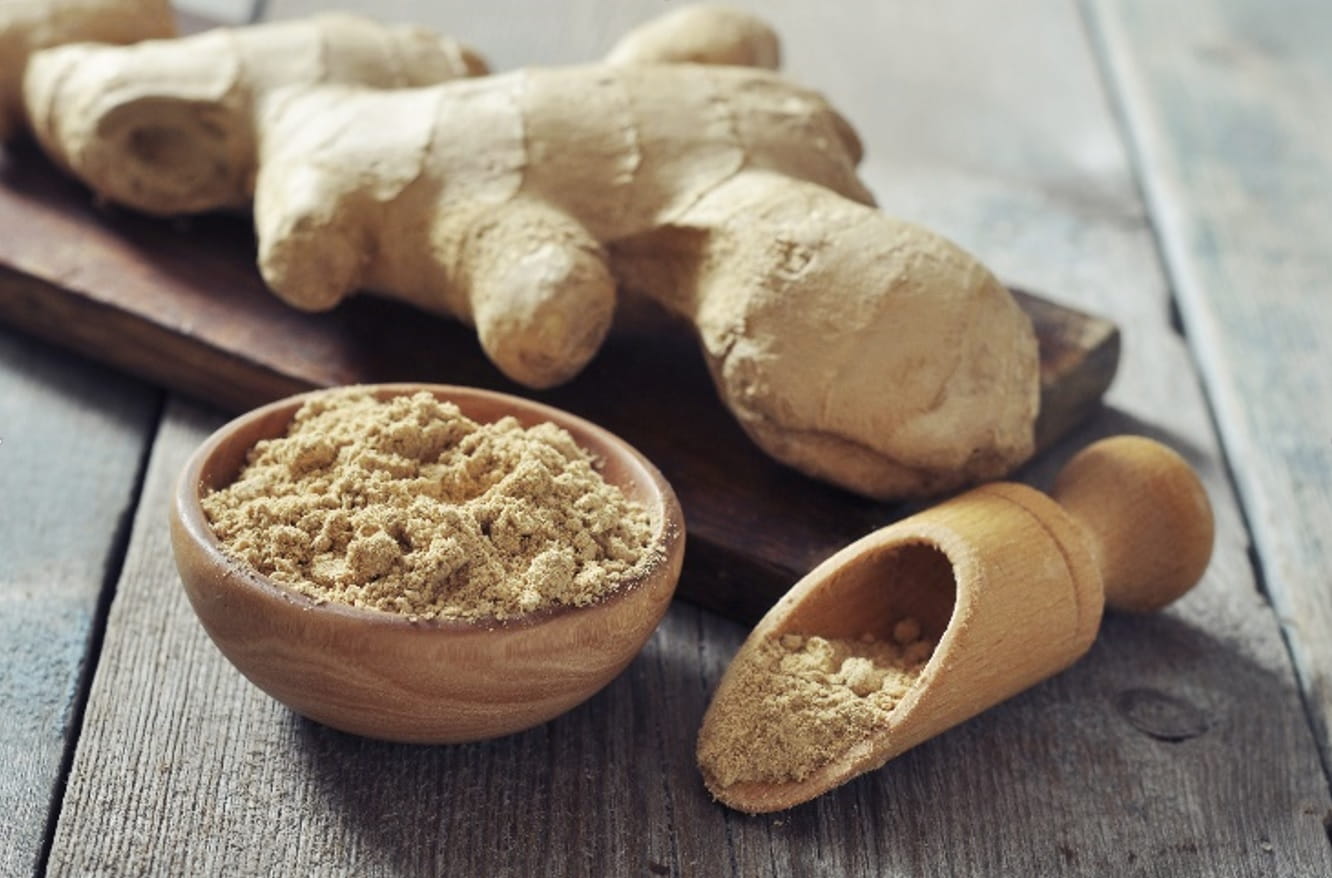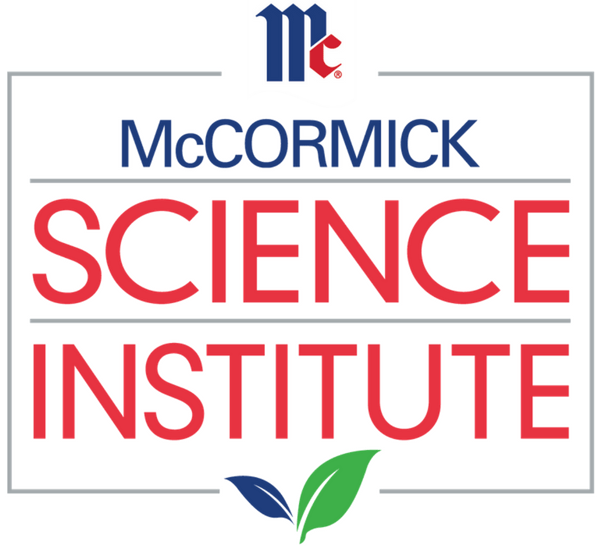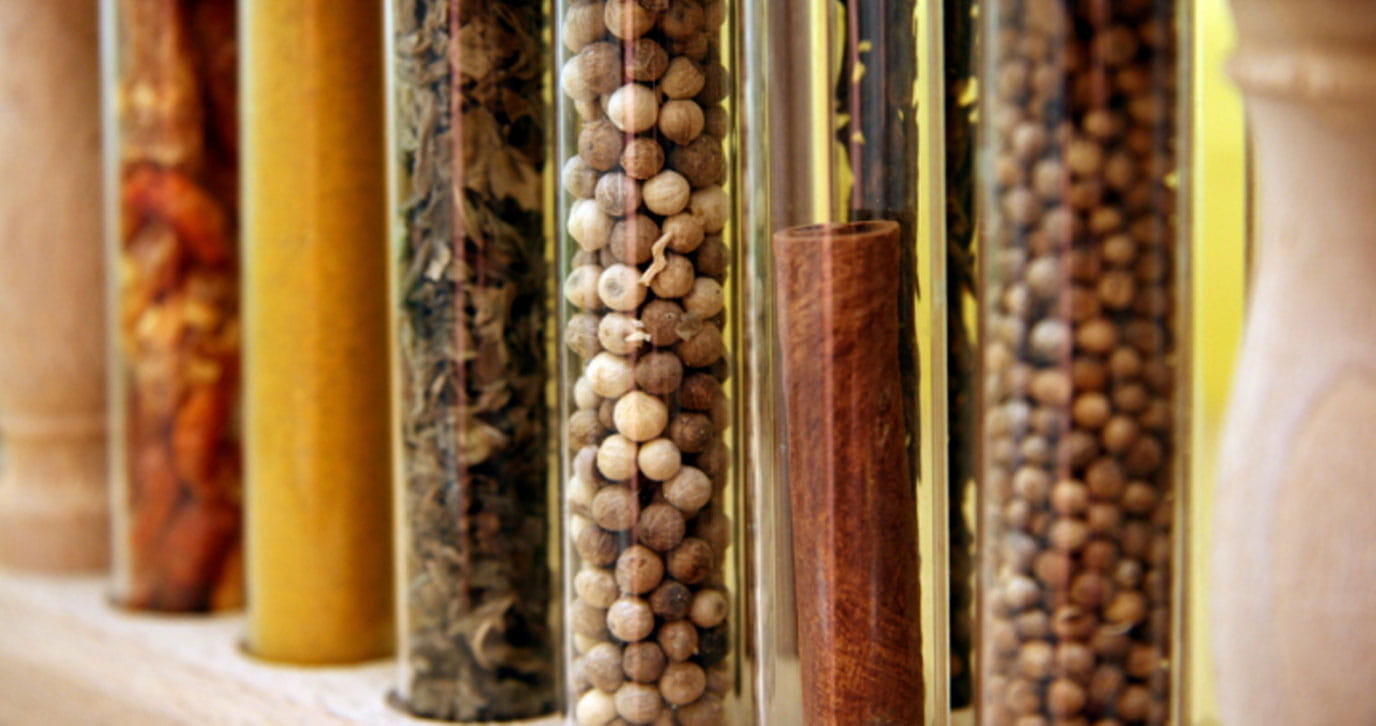July, 2025
Evaluating the Influence of Videos on Medical Professionals’ Perception of Using Herbs and Spices for Healthy Cooking and Potential Application in Patient CareGinger and Muscle Pain
Black CD, Herring MP, Hurley DJ, O'Connor PJ

May 2010-- Two follow up studies, funded by the McCormick Science Institute, were conducted on the effects of ginger and muscle pain following exercise. The first study, published last year, found that an acute oral dose of 2 grams of ginger did not have a significant effect on muscle pain during exercise in college students. The second and third studies found that short term (11 days) oral administration of 2g raw or heat treated ginger prior to exercise reduced muscle pain and slightly reduced markers of inflammation and muscle function. View the paper.
Ginger has been shown to exert anti-inflammatory effects in rodents, but its effect on human muscle pain is uncertain. Heat treatment of ginger has been suggested to enhance its hypoalgesic effects. The purpose of this study was to examine the effects of 11 days of raw (study 1) and heat-treated (study 2) ginger supplementation on muscle pain. Study 1 and 2 were identical double-blind, placebo controlled, randomized experiments with 34 and 40 volunteers, respectively.
Methods
Participants consumed 2 grams of either raw (study 1) or heated (study 2) ginger or placebo for 11 consecutive days. Participants performed 18 eccentric actions of the elbow flexors to induce pain and inflammation on day eight. Pain intensity, perceived effort, plasma prostaglandin E(2), arm volume, range-of-motion and isometric strength were assessed prior to and for 3 days after exercise.
Results
Raw (25%, -.78 SD, P = .041) and heat-treated (23%, -.57 SD, P = .049) ginger resulted in similar pain reductions 24 hours after eccentric exercise compared to placebo. Smaller effects were noted between both types of ginger and placebo on other measures. Daily supplementation with ginger reduced muscle pain caused by eccentric exercise, and this effect was not enhanced by heat treating the ginger.
Conclusion
This study demonstrates that daily consumption of raw and heat-treated ginger resulted in moderate-to-large reductions in muscle pain following exercise-induced muscle injury. Our findings agree with those showing hypoalgesic effects of ginger in osteoarthritis patients and further demonstrate ginger's effectiveness as a pain reliever.







